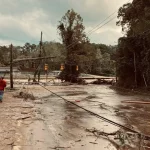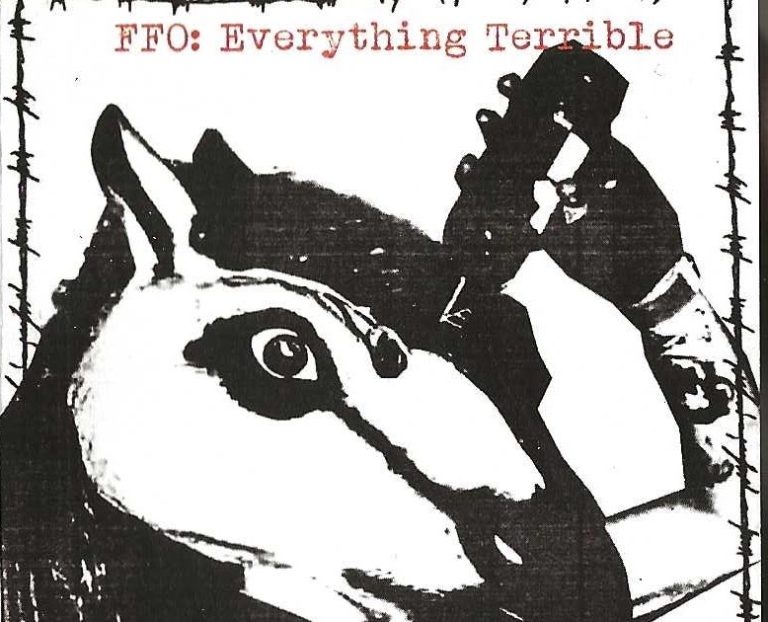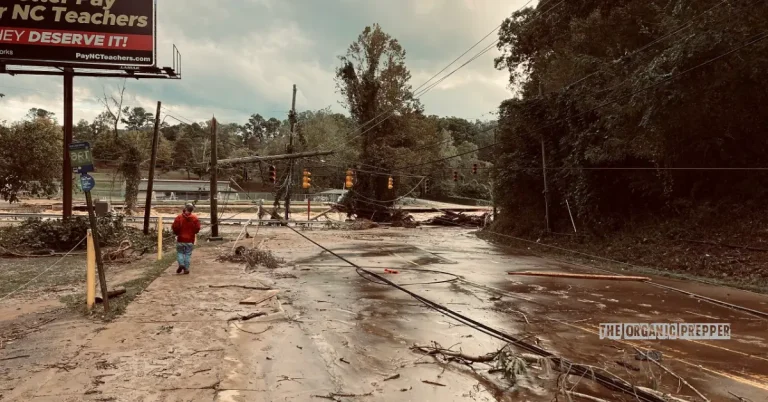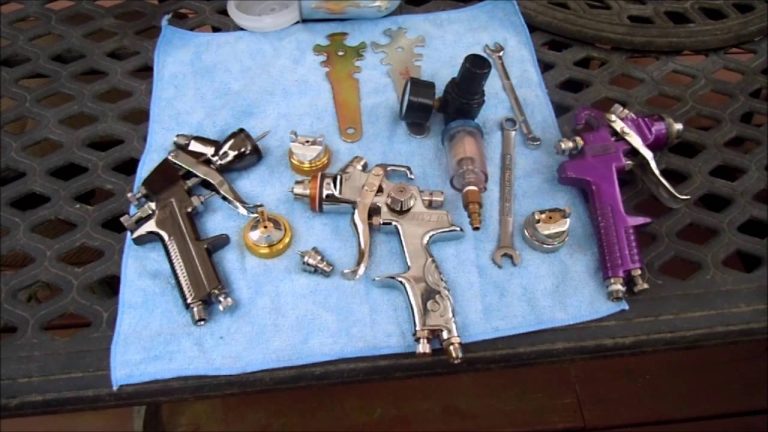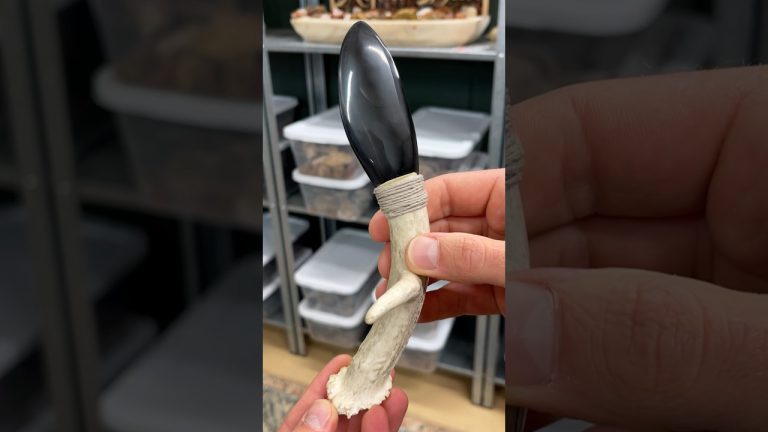Gulf ecosystem in crisis after BP spill [Al Jazeera]
Hundreds of kilograms of oily debris on beaches, declining seafood catches, and other troubling signs point towards an ecosystem in crisis in the wake of BP’s 2010 oil disaster in the Gulf of Mexico. “It’s disturbing what we’re seeing,” Louisiana Oyster Task Force member Brad Robin told Al Jazeera. “We don’t have any more baby crabs, which is a bad sign. We’re seeing things we’ve never seen before.”
The ocean is broken [The Herald]
Climate change: how hot will it get in my lifetime? – interactive [The Guardian]
New Study: Koch’s Could Make $100 Billion on Keystone XL Pipeline Deal [Grist]
A new study released today concludes that Koch Industries and its subsidiaries stand to make as much as $100 billion in profits if the controversial Keystone XL pipeline is given the go-ahead by U.S. President Obama.
The report, titled Billionaires’ Carbon Bomb, and produced by the think tank International Forum on Globalization (IFG), finds that David and Charles Koch and their privately-owned company, Koch Industries, own more than 2 million acres of land in Northern Alberta, the source of the tar sands oil that will be pumped to the United States via the Keystone XL pipeline.
IFG also finds that more than 1,000 reports and statements in support of the Keystone XL pipeline project have been made by policy groups and think tanks that receive funding from the Koch brothers and their philanthropic foundations.
Native Americans Declare War on Fracking. Canada Declares War on Native Americans. Updates. [Daily Kos]
U.S. Income Inequality Higher Than Roman Empire’s Levels: Study [Huffington Post]
Half the world has 1% while 1% has half the world’s wealth [Systemic Disorder]
4 in 5 in USA face near-poverty, no work [USA Today]
Let’s Get This Class War Started [Chris Hedges]
The Resident: Americans whoring body parts [Russia Times] Clearly, not a serious piece of journalism, but how could I not post it?
Japan to Shoot Down Foreign [Chinese] Drones [The Diplomat]
Potential effects of agrochemicals in Argentina [Boston Globe]
Dr. Andres Carrasco, a molecular biologist at the University of Buenos Aires, pauses during an interview in Buenos Aires, Argentina on July 8. Carrasco found that injecting very low doses of glyphosate, a weed-killer, into embryos can change levels of retinoic acid, causing the same sort of spinal defects in frogs and chickens that doctors are increasingly registering in communities where farm chemicals are ubiquitous.
